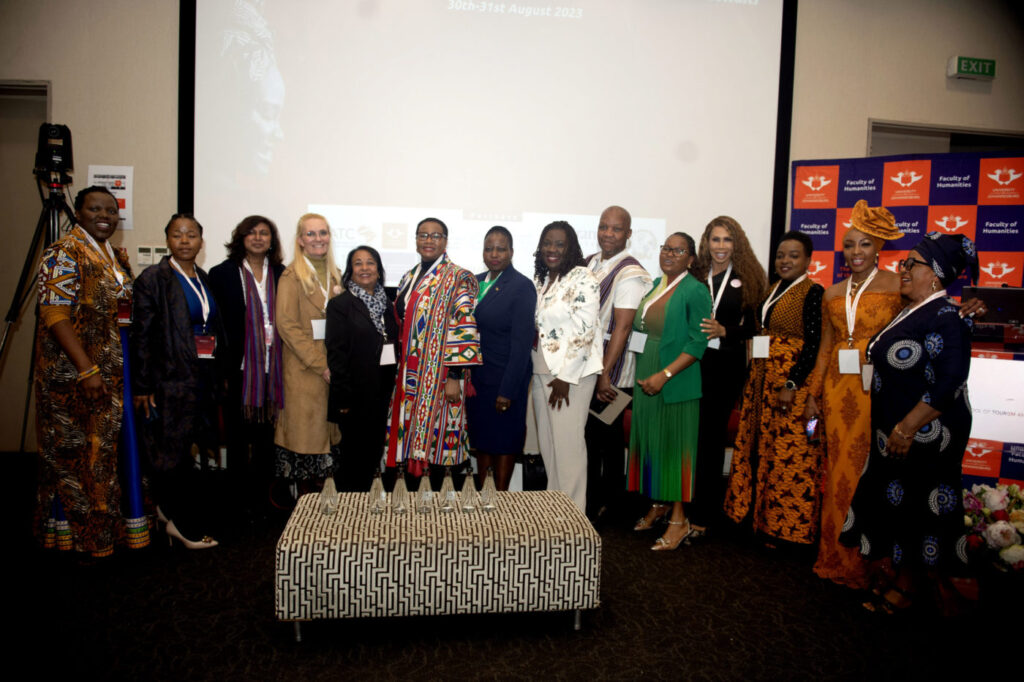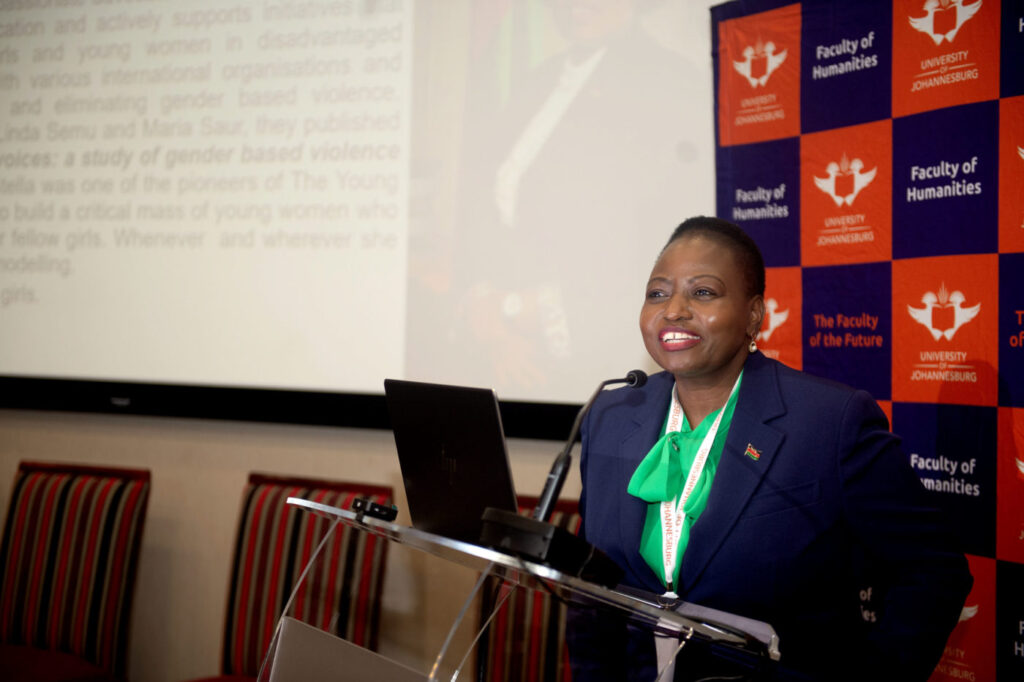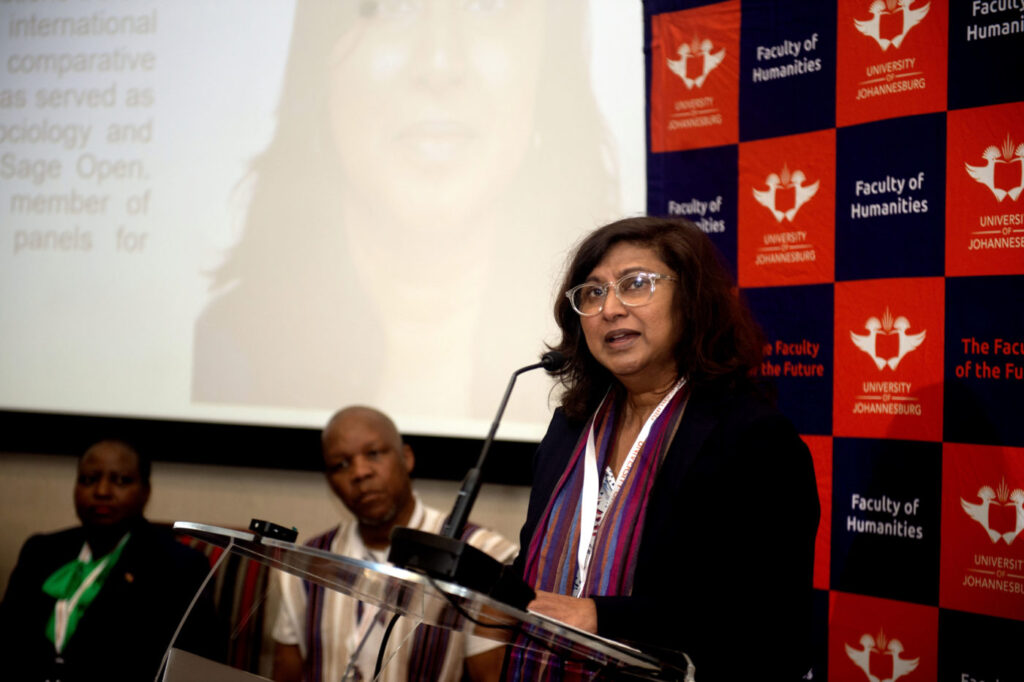The Women’s Impact Innovation and Sustainability in Africa (WIISA) conference for 2023 commenced on August 30th at the Auckland Park Bunting Road Campus, organised by the University of Johannesburg (UJ)’s Institute of Pan African Thought and Conversation (IPATC). The conference, spanning two days, is centred around the theme “To Advance Sustainable Women’s Economic Empowerment in Line with the SDGs and Agenda 2063.”

Vision for impactful resolutions
The conference’s keynote address was delivered by Ambassador Stella Hauya Ndau, the High Commissioner of Malawi to South Africa. In her speech, Ambassador Ndau highlighted the significance of creating opportunities for women to excel. She emphasised the need to explore the challenges and opportunities that women in Africa encounter, particularly in the realms of innovation and sustainability. She stressed that achieving gender equality and empowerment relies on universal access to education, skill development, quality healthcare, and the elimination of Gender-Based Violence (GBV).
Ambassador Ndau also acknowledged the innovative solutions that African women have developed in response to pressing challenges, citing technology-driven entrepreneurship and eco-conscious practices as key examples.

Dr. Nolitha Vukuza, Senior Executive Director at UJ, expressed her aspiration that the conference would lead to impactful and sustainable resolutions. She urged participants to be mindful of how they present information and ideas, ensuring that the language and tone used are inclusive and useful for all women.

Promoting transformative changes
Professor Kammila Naidoo, Dean of the Faculty of Humanities, highlighted the relevance of the conference’s theme in promoting critical thinking about transformative changes benefiting women. She emphasised that women’s impact requires their active involvement in political decision-making at all levels. Prof. Naidoo underscored the progress made in the past decades towards gender equality and the recognition of its importance for an inclusive, prosperous, and sustainable world.

Throughout the conference, various discussions delved into topics such as the impact of women in society, their role in climate change and the green economy dialogues, strengthening institutional and policy frameworks, funding, and networks to advance women’s entrepreneurship. Notable speakers on the second day included Nana Wanjau, Vice President of Commonwealth Business Women-Africa, and Likhapha Mbatha of the National Movement of Rural Women.
Plenary sessions addressed the costs of Gender-Based Violence and Trauma on women’s leadership, innovation, and sustainability, as well as themes like Women’s Inclusion, Education, Innovation, Governance, Leadership, and Women’s Mental Health. The conference aimed to foster meaningful conversations and insights to contribute to the advancement of women’s empowerment and sustainability across Africa.



